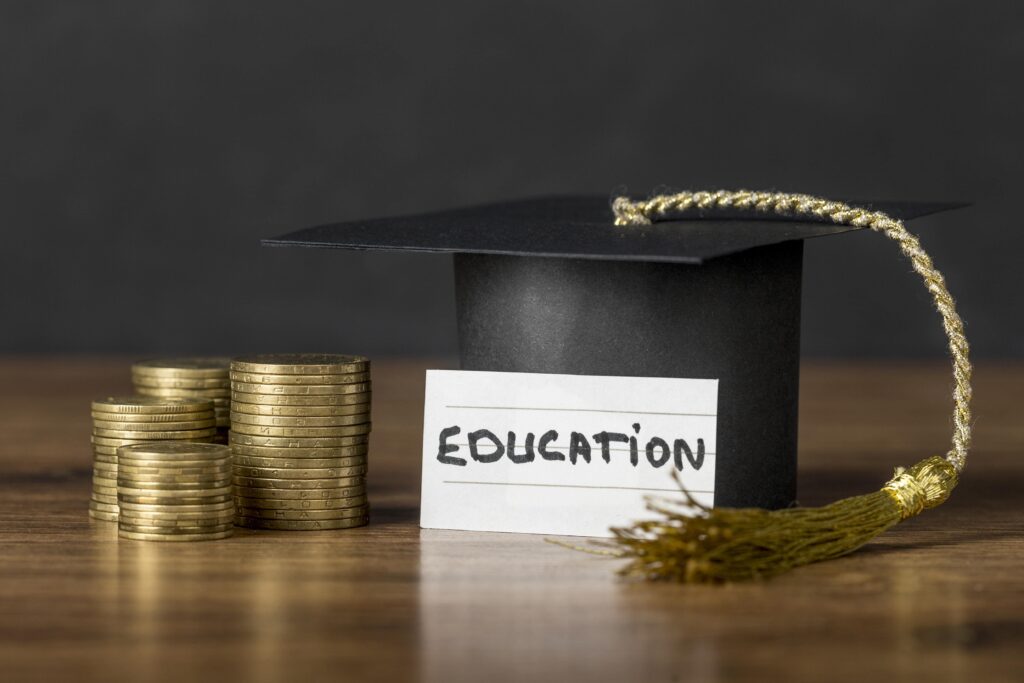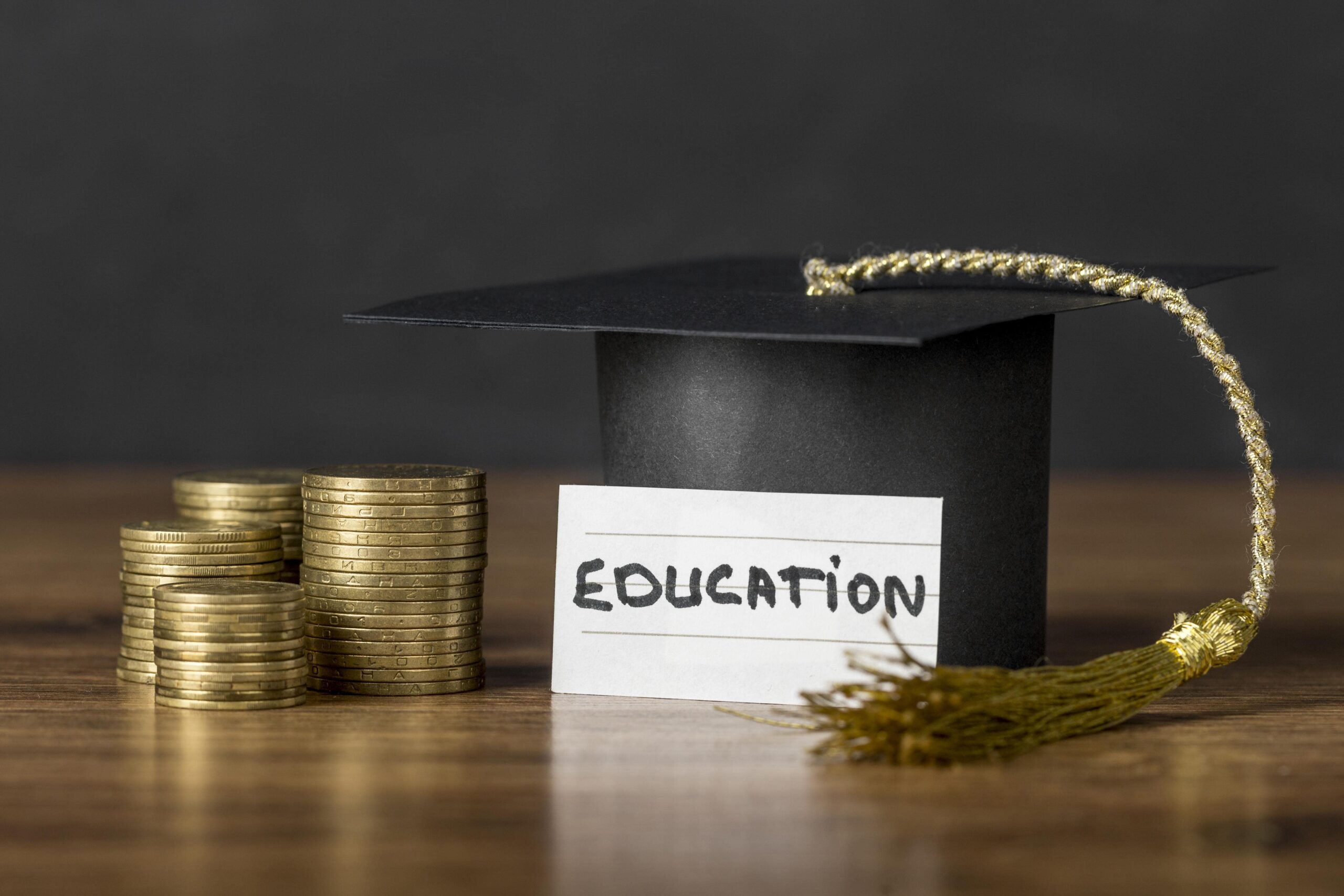Introduction
Transitioning from student life to the professional world can be an exciting yet challenging journey, especially when it comes to managing personal finances. As a student or recent graduate, understanding the fundamentals of personal finance is crucial for building a strong financial foundation and achieving long-term financial success. In this blog post, we’ll explore essential strategies and tips tailored specifically for students and recent graduates to navigate the realm of personal finance effectively.

Financial Literacy Education
Investing in financial literacy education is the first step towards mastering personal finance. Take advantage of resources available online, such as articles, videos, and courses, to enhance your understanding of basic financial concepts, including budgeting, saving, investing, and managing debt. Additionally, consider attending workshops or seminars offered by your educational institution or local community organizations to further expand your financial knowledge.
Establishing a Budget
Creating a budget is a fundamental aspect of managing personal finances effectively. Start by identifying your sources of income, whether it be from part-time employment, internships, scholarships, or parental support. Next, track your expenses and categorize them into essential necessities, such as housing, food, transportation, and discretionary spending, such as entertainment and dining out. Allocate a portion of your income towards savings and prioritize living within your means to avoid overspending.
Minimizing Student Loan Debt
For many students and recent graduates, student loan debt is a significant financial burden. In addition, take proactive steps to minimize student loan debt by exploring scholarships, grants, and work-study opportunities to fund your education. Consider attending a community college or opting for in-state tuition to reduce tuition costs. Additionally, explore repayment options, such as income-driven repayment plans or loan consolidation, to manage student loan debt effectively while maintaining financial stability.
Building Credit Responsibly
Establishing good credit is essential for future financial endeavors. Start building credit responsibly by applying for a student credit card. In addition, use credit cards wisely by paying your bills on time and keeping your credit utilization ratio low. Monitor your credit report regularly and dispute any inaccuracies to maintain a healthy credit score.
Saving for Short-Term and Long-Term Goals
Setting financial goals is key to staying motivated and focused on your financial journey. Whether it’s saving for a vacation, purchasing a car, or planning for graduate school, allocate a portion of your income towards short-term and long-term goals. Consider opening a high-yield savings account or investing in a diversified portfolio of stocks and bonds to grow your savings. Automate your savings contributions to ensure consistency and discipline in reaching your financial goals.
Conclusion
Navigating personal finance as a student or recent graduate requires patience, discipline, and ongoing education. In addition, by prioritizing financial literacy, establishing a budget, minimizing student loan debt, building credit responsibly, and saving for short-term and long-term goals, you can lay the groundwork for a secure financial future. Remember that financial success is a journey to improve your financial situation that will contribute to your long-term prosperity.
Take these strategies and adapt them to your personal circumstances to achieve financial stability as a student. With dedication and perseverance, you can build a solid financial foundation that will serve you well throughout your life.




